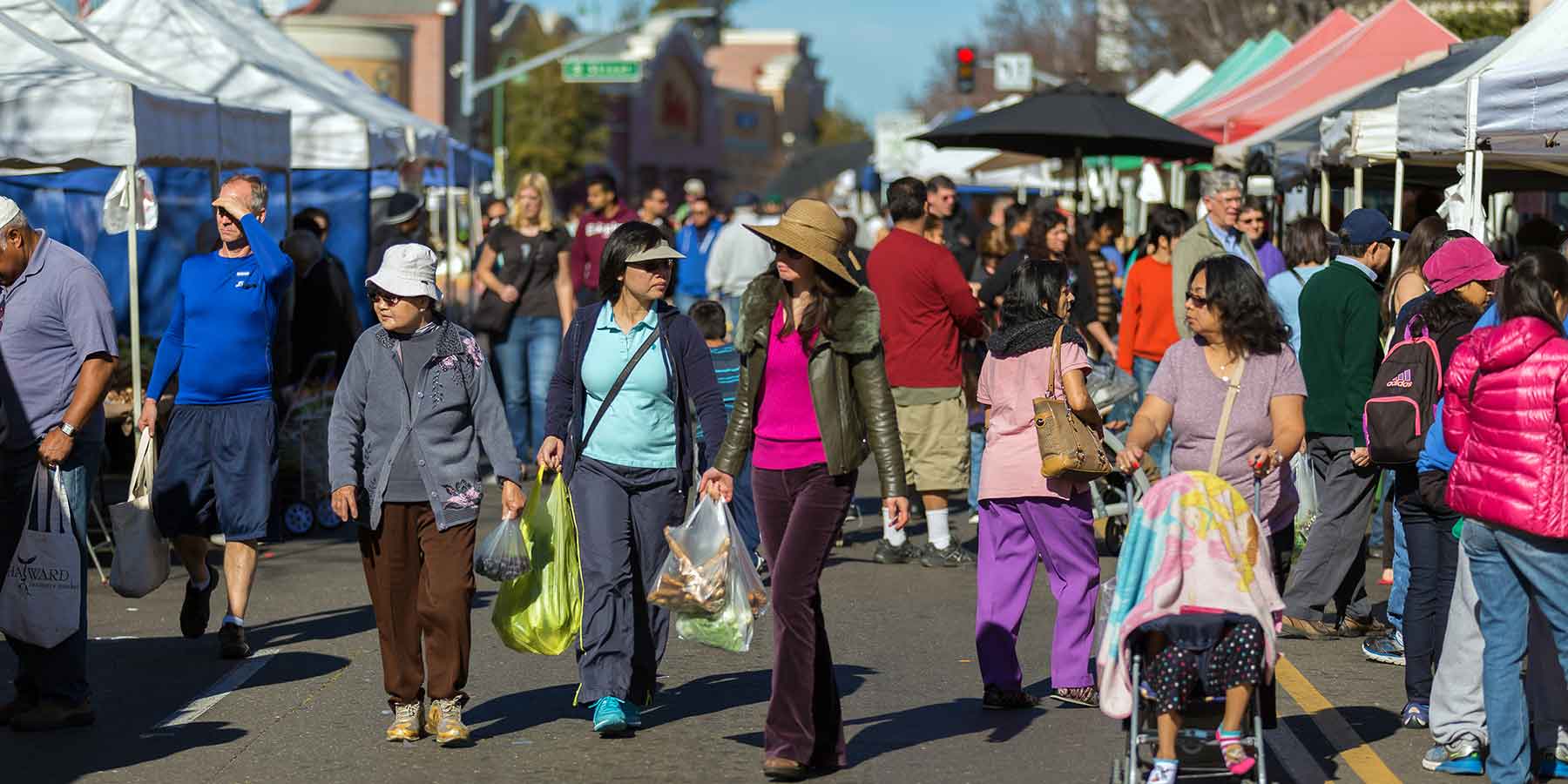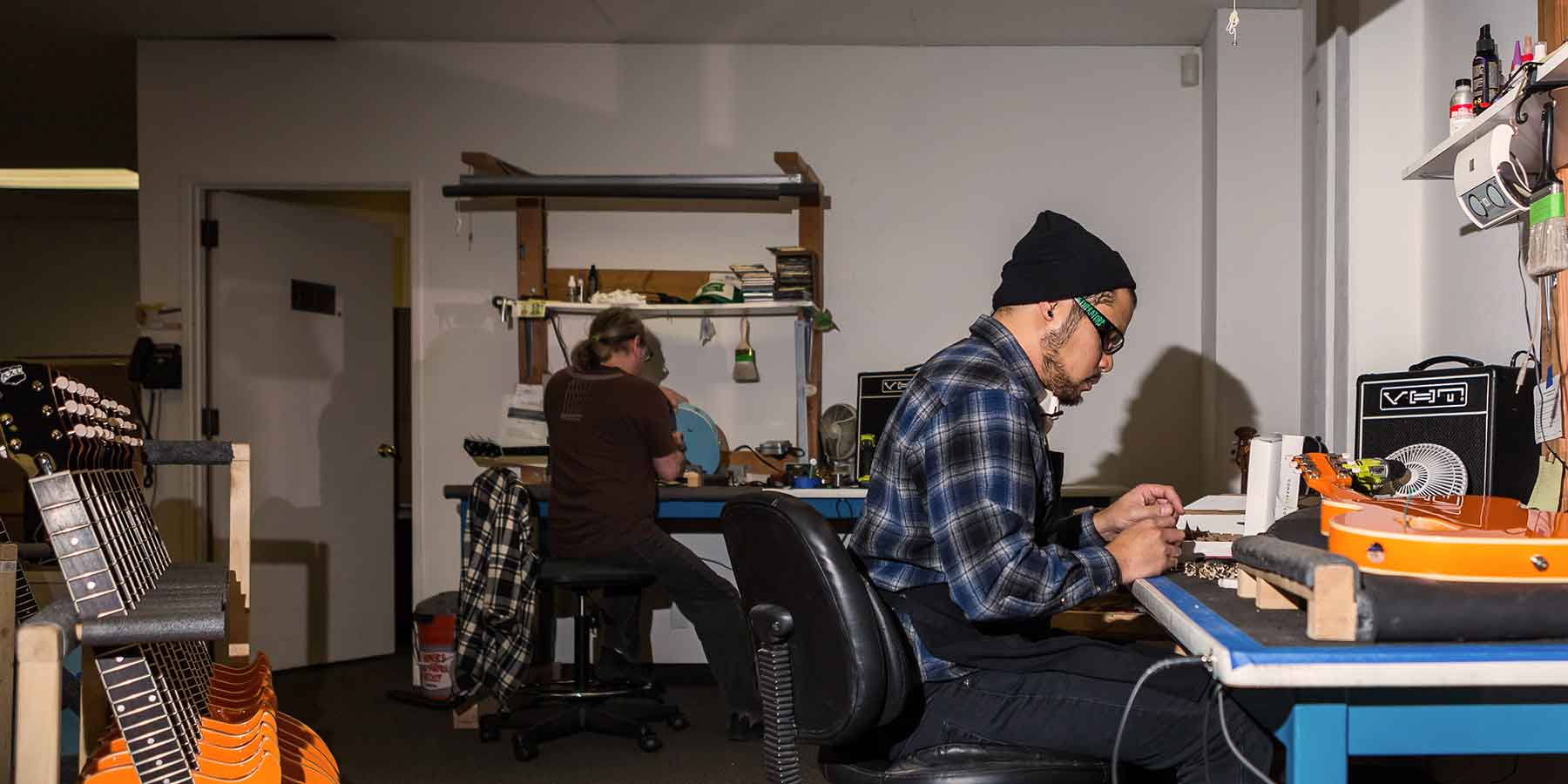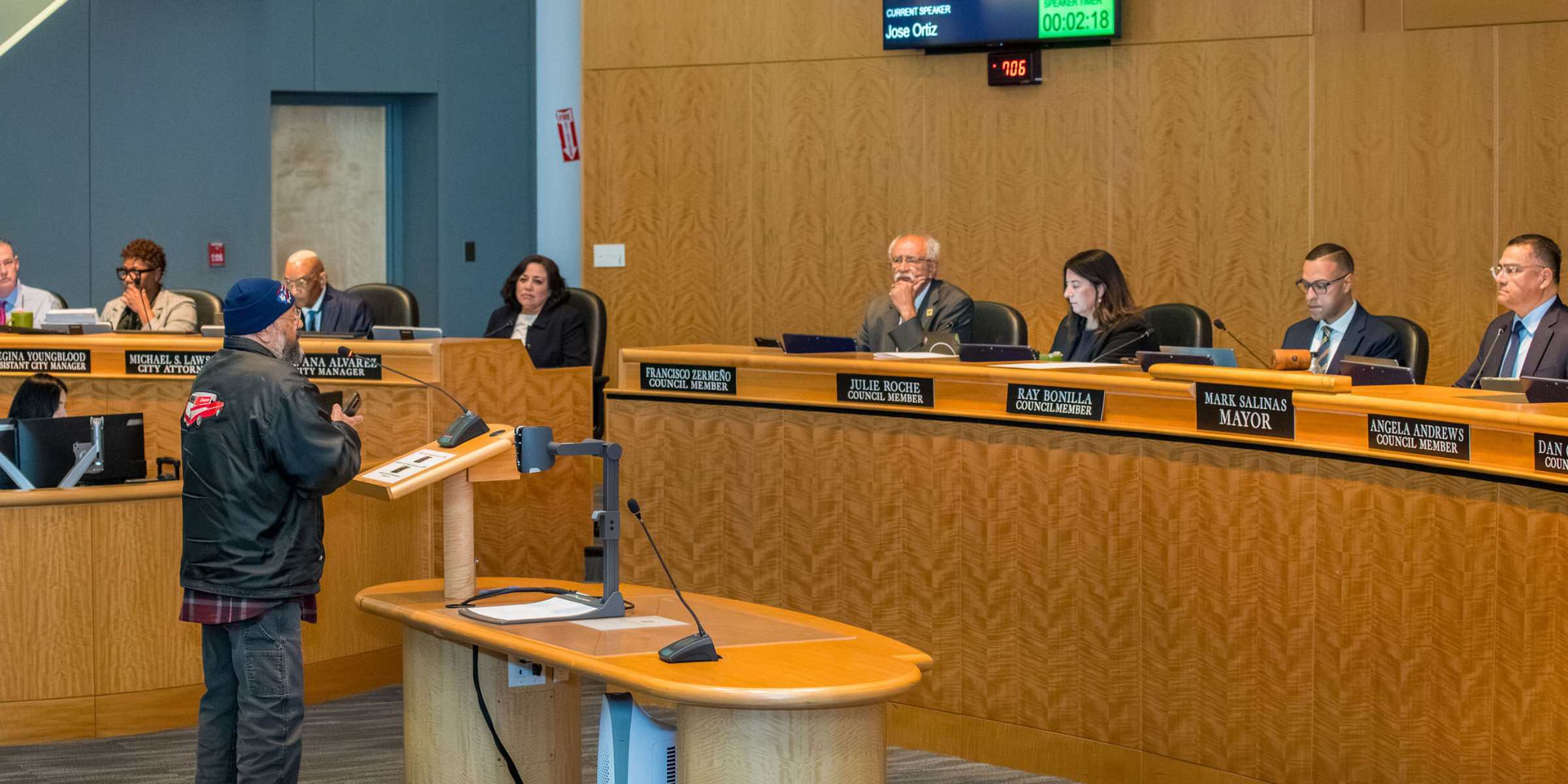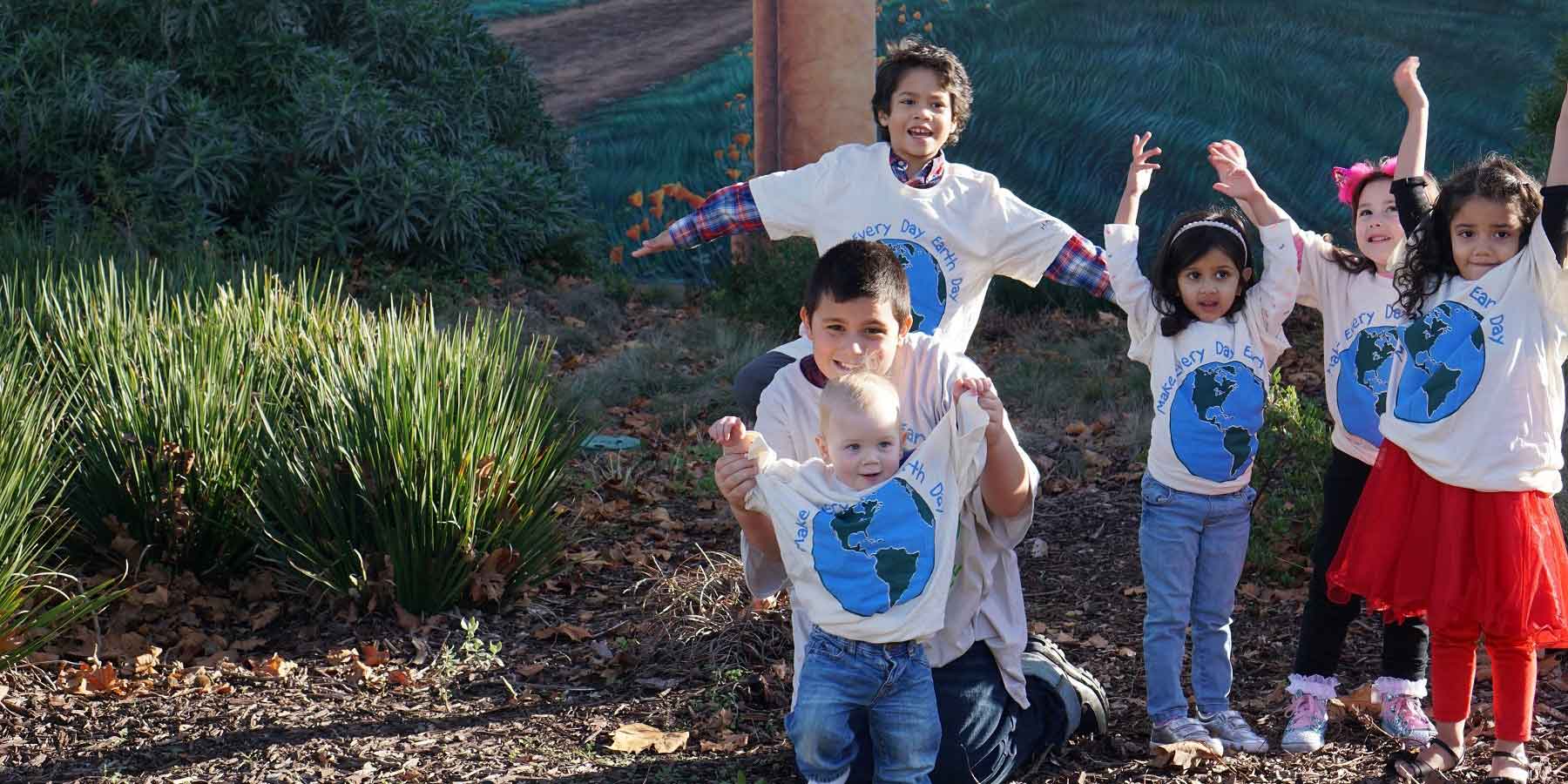Policy restricting recyclable material exports rocks industry

For decades, the United States and a number of other countries sold the majority of their recyclables to China. Then, in a late 2017 decision that rocked the market, China enacted a “National Sword” policy which essentially banned the import of many recyclables historically shipped to their processing facilities. Over the last three years, this policy has severely impacted the U.S. recyclables export market. Prices of recyclables have declined so drastically that, in some cases, U.S. haulers are now paying to dispose of the waste from which they once profited.
Although new markets have been found for certain recyclables, the China National Sword policy continues to pose challenges for California, Alameda County, and Hayward to meet their ambitious recycling goals. Waste Management and Tri-CED, the waste processors that serve Hayward, continue to face difficulties selling recyclable material.
Single-use plastics are a significant source of waste -- limiting consumption of these products is critical to achieving the waste reduction goals referenced above and ultimately restoring balance to the U.S. recycling market. However, even if we reach these goals, industry reform is necessary.
In 2020, Governor Gavin Newsom formed a Statewide Recycling Commission tasked with developing policy recommendations that could help the recycling market. The Commission delivered a preliminary report in January 2021 citing areas of recommendation.
The following list includes some of the recommendations, as well as actions residents and businesses can take.
- Reduce contamination. The Commission says it is essential to minimize the amount of contamination in recyclables and organic materials. The ability to recover the value of materials separated for composting or recycling depends on the ability to obtain clean organics and recyclables. >>Help reduce contamination by viewing sorting tips here.
- Proper Disposal of Lithium-Ion Batteries. Disposing of lithium-ion batteries in the trash or recycling poses safety issues to the industry’s frontline workers and can cause severe damage to recycling infrastructure. The batteries are known to cause fires at recovery facilities and in collection trucks. Whether the batteries are loose or inside a battery-powered device, proper disposal is essential to ensure safe waste handling down the line. >>Help prevent fires. Hayward single-family home residents can place lithium-ion batteries in a plastic bag next to their cart. Businesses and multi-family residents can contact their property manager or check out this StopWaste resource for a list of drop-off sites.
- Reconfigure recycling market development efforts. The Commission highlights that developing local infrastructure and domestic markets for recycled materials will benefit the environment and the State’s economy. >>Help promote local recycling markets by purchasing products made from recycled materials.








